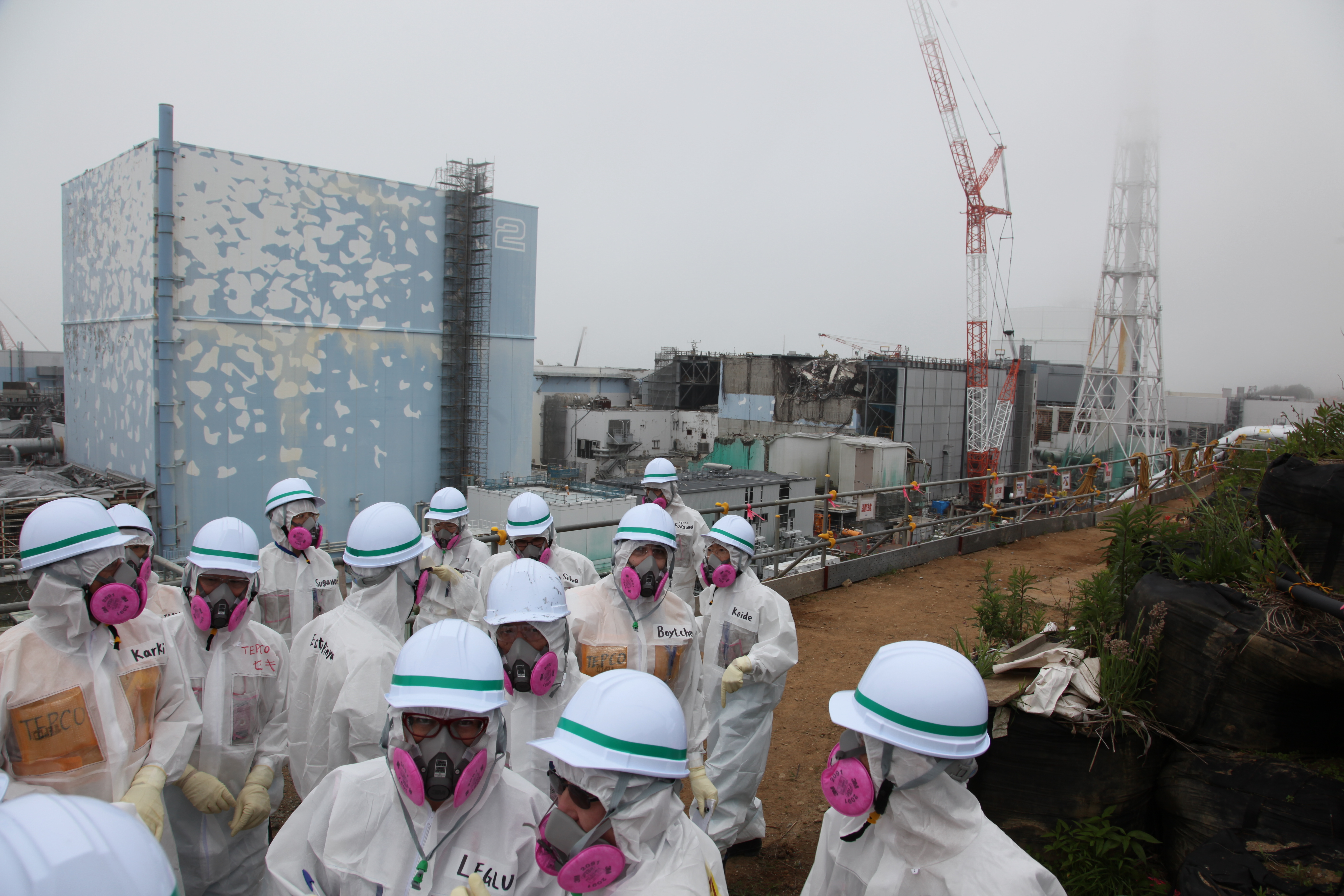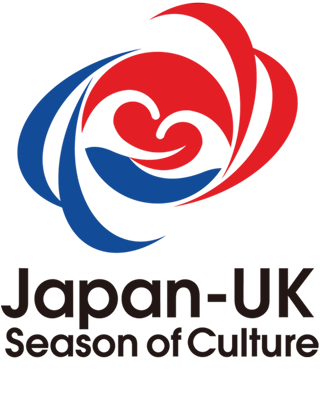
Science communication from Fukushima to COVID
- 18 February 2021
- 12:00pm – 1:15pm
- Online
- https://dajf.org.uk/event/science-communication-from-fukushima-to-covid
- - - -
- events@dajf.org.uk
- Tweet
After the Fukushima nuclear power plant accident in 2011, the Japanese government struggled to communicate accurately to the public information about how the situation might develop and the likely radiation risks. The huge earthquake, tsunami and nuclear plant explosions caused confusion in the government, which did not have a system for utilising scientific advice, particularly in emergency situations. This confusion spread to Japanese society at large.
By contrast, four days after the accident the UK Government’s Chief Scientific Advisor (CSA), Sir John Beddington, released a worst-case scenario of the accident and predictions of the likely effects of radiation on health. This enabled foreigners resident in Japan finally to get reliable information about the impact of the accident, and the CSA’s assessments were quickly translated into Japanese and widely circulated among Japanese people too. Following this experience, the Japanese government tried to develop a more robust framework for scientific advice, but were overwhelmed by the COVID-19 pandemic before the work was complete.
Given the emphasis on “following the science” frequently advanced by the UK government during the current pandemic, what in fact has been the interaction in the UK between scientific advice, the government and the public? What can Japan learn from the UK?
One of Japan’s leading science journalists, Shigeyuki Koide, will explain from a journalist’s perspective why the Japanese government in 2011 failed to communicate the science and lost public trust. Is Japan’s system for incorporating scientific advice into governmental decision-making processes improving? Professor David Cope, former Director of the UK’s Parliamentary Office of Science and Technology, was actually in Tokyo on the day of the earthquake, ironically attending an international conference on scientific advice and policy-making. Based on his own experiences, he will discuss the British government’s approach of communicating promptly to the public.
Date: Thursday 18 February 2021
UK Time: 12:00pm-1:15pm (GMT)
Japan Time: 9:00pm-10:15pm (GMT+9)
About the contributors
Shigeyuki Koide is a freelance science journalist, and the former President of the Japanese Association of Science and Technology Journalists (JASTJ). He previously served as Senior Science Editor at the Yomiuri newspaper. Having joined the Yomiuri in 1976, he has reported on the global environment, health care, medicine, atomic energy, IT, and fundamental science issues. He was a visiting researcher at the Science Communication Unit of Imperial College London in 2011 and 2012. He is currently focusing on the science communication failures after the Fukushima nuclear accident in 2011 by the Japanese government (especially decision makers in the Cabinet and the Diet), the nuclear industry, the scientific community, and mass and public media. He is also reporting on the COVID-19 pandemic. His hobbies are mountaineering, skiing, canoeing, baroque music playing, and Zen.
Professor David Cope was awarded the Order of the Rising Sun in 2012 by the Emperor and government of Japan for his work over the years in promoting a wide range of collaborative science and technology initiatives between the UK and Japan. Now Foundation Fellow at Clare Hall, University of Cambridge, he is a Visiting Professor at the Institute for Technology, Enterprise and Competitiveness, Doshisha University, Kyoto and a Fellow of the Research Centre for Advanced Science and Technology, University of Tokyo. His hobbies also include mountaineering, (especially in Japan) and classical music.
